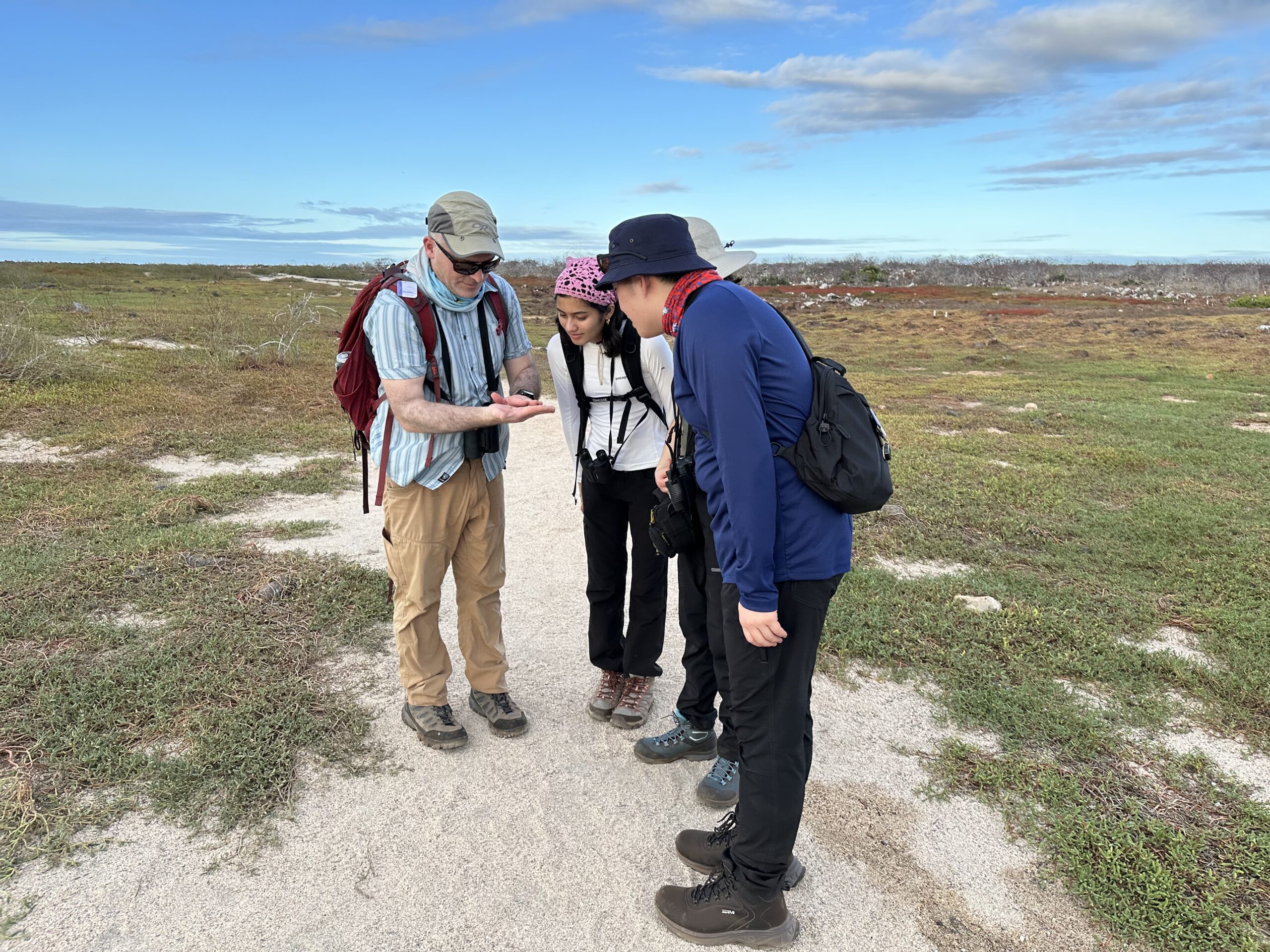Latin America and the Caribbean
Penn & Latin America and the Caribbean
Penn’s relationship with the countries of Latin America & the Caribbean stretches back nearly two centuries.
In 1829, Joseph M. Urquiola from Cuba became the first Latino to receive a degree from Penn and in 1836, Auxencio Maria Pena became the first student from Venezuela to graduate from the Medical School. In the early 1900s, Penn faculty members conducted groundbreaking archaeological research in the region, and by the middle of the century, the University had become home to the first center outside of Washington, D.C. to provide intensive training in Latin American languages and area studies.
Today, Penn students have a wealth of opportunities to engage with Latin America and the Caribbean, and faculty from across multiple disciplines are collaborating to produce innovative research on this vitally important part of the world.

Did You Know?
Penn students, on average, participate annually in credit-bearing study abroad programs in Latin America and the Caribbean.
Pictured Left
Professor Michael Weisberg (pictured left), Bess W. Heyman President’s Distinguished Professor of Philosophy and Director of the Galápagos Education and Research Alliance, leads a Penn Global Seminar to follow the footsteps of Charles Darwin, studying ecology, evolution, and the natural history of Galápagos, along with the growing impact of humans on this fragile place. Professor Weisberg has led multiple seminars to Galápagos over the last several years and also leads a Penn Global Research Institute each year over the summer to the archipelago.
Penn & Latin America and the Caribbean
Campus Initiatives
Penn actively engages with Latin America and the Caribbean through a range of partnerships and initiatives that foster academic collaboration, research, and student exchange.
Event In Focus
Penn in Latin America & the Caribbean (PLAC) Conference
Each year, the PLAC Steering Committee partners with schools, centers, and departments across campus to bring together the Penn community to highlight Penn work in Latin America and the Caribbean, and to promote interaction and collaboration among all who attend. The interdiscipinary symposium often features research presentations, keynote conversations, and panel discussions focusing on a broad issue impacting the region.

Penn & Latin America and the Caribbean
Campus Centers
Centers and departments prioritizing the study and understanding of Latin America and the Caribbean and the Latinx populations.